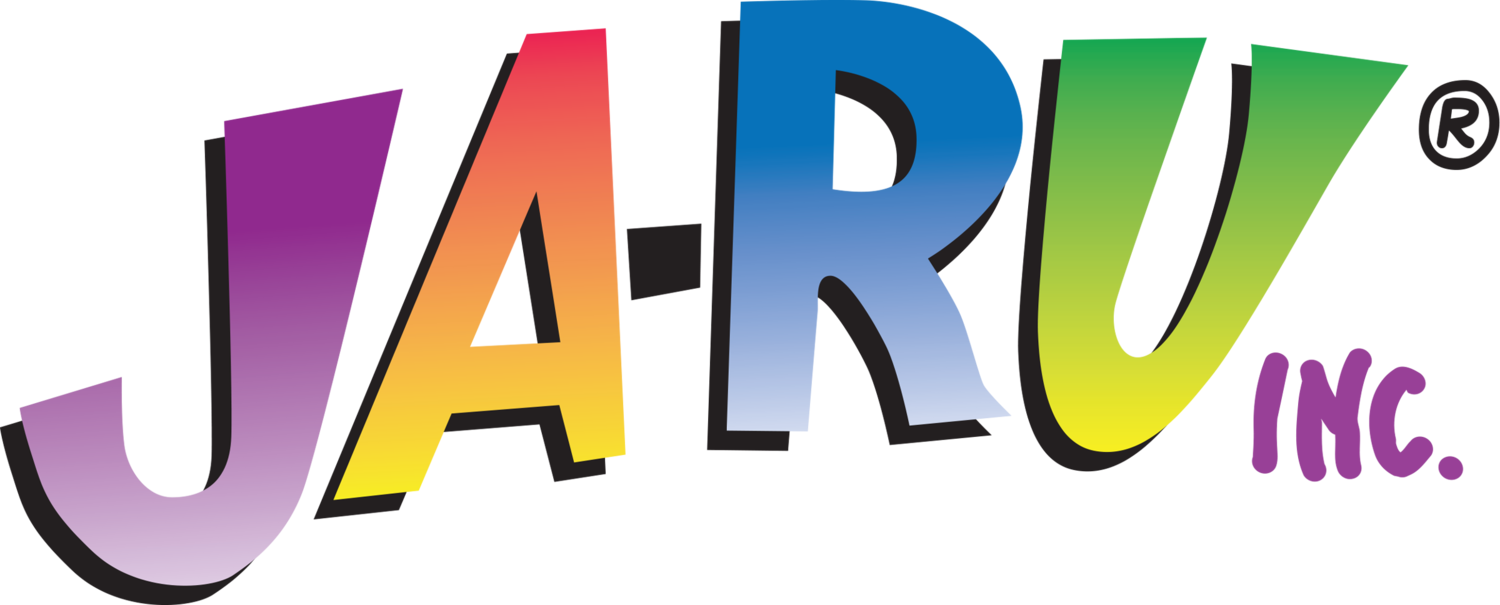The Toy Book: Imperial Toy Files Chapter 11 Bankruptcy, Preps For Sale
A perfect storm of challenging elements prompted Imperial Toy to file for protection under Chapter 11 of the U.S. Bankruptcy Code in the California Northern Bankruptcy Court of San Jose.
The company, which was founded in 1969 by the Kort family, celebrated its 50th anniversary at Toy Fair New York this year, just seven months after it secured a $12 million credit facility with Great Rock Capital intended to fuel growth. Seventy-eight percent of Imperial Toy’s business comes from owned brands and IP, such as Blitz and Super Miracle Bubbles, with 22% of sales coming from licensed brands and properties, including Disney, Marvel, DC Comics, Little Tikes, Thomas the Train, and Teenage Mutant Ninja Turtles, among others.
In the first day declaration of CEO Peter Tiger, the company detailed an accelerated deterioration in performance largely due to external factors that emerged following last year’s financing moves. The deal with Great Rock Capital happened in the month following the U.S. closure of Toys “R” Us, which occurred just months after Imperial Toy entered into a series of redemption, loan, security, and related agreements with the Hirsch Family Trust to repurchase and redeem equity in the company. Prior to redemption, Tiger and Art Hirsch each owned 50% of the company. As of the filing, outstanding obligations of Imperial Toy to Great Rock Capital total $13 million in addition to an outstanding balance of the obligations to the Hirsch Trust of approximately $9,144,333.
CHALLENGING WEATHER AND TRUMP TARIFFS
The company notes that “perhaps the largest single factor [in market decline] was an unusually wet spring with cooler and wetter weather deeper into the second quarter of 2019. The delayed start of the selling season resulted in a sharp decline in revenue compared to prior years.”
Like Hasbro, Imperial Toy also experienced a pinch from the continuing back-and-forth regarding potential tariffs. “The Trump administration’s continuing threats of trade tariffs, particularly against China and Mexico, led to two compounding responses,” the company says. “Wholesalers such as the debtor [Imperial] moved to bring in product before tariffs might increase, in order to protect their margins. On the other hand, retailers reduced orders to limit potential exposure to excess inventory and the need to raise prices. These trends combined to push the debtor into an operating loss during the time of year when it should have been profitable and drove a steeper than usual investment in working capital.”
These factors led Imperial Toy to take on loans from both the Hirsch Trust and Tiger to sustain operations during the first half of this year. In March, the company retained an investment banking firm, CriticalPoint Partners (CPP), to explore a sale and locate potential buyers. Imperial Toy says that its auditors didn’t deliver audited financial statements until July, after which CPP “initiated an aggressive marketing effort to reach approximately 300 prospective buyers, both strategic and financial, as well as capital providers.”
POTENTIAL SALE
Following a period of negotiations, Ja-Ru Inc. entered into a letter of intent (LOI) to purchase Imperial Toy. By Nov. 14, the LOI was in place and Great Rock Capital made additional advances to Imperial Toy to continue operations with the intent of having Ja-Ru serve as the “stalking horse” bidder in a bankruptcy auction for substantially all of Imperial Toy assets, and also providing post-petition debtor-in-possession (DIP) financing during the period leading up to said auction.
Imperial Toy hopes to have a court-approved auction completed in time for the ramp-up to the spring selling season. The company notes that Easter is its Christmas in terms of seasonal selling, and that key shipments move from December to March.
“BUSINESS AS USUAL”
“First and foremost, our day-to-day operations will continue uninterrupted and without disruption to customer service. Frankly, you likely won’t even know this is going on in the background,” Tiger says in an email sent to Imperial Toy customers. “We have secured ample liquidity having received a financing commitment to support operations during the sale process.”
Last year, gross revenue for Imperial Toy was approximately $106.7 million globally, with $78.4 million domestically. Sales through Imperial Toy’s Hong Kong subsidiary, IEI, accounted for the next largest share at $28.2 million. Imperial Toy employs 82 full-time employees in the U.S. Its operations in Mexico will be included in the acquisition by Ja-Ru, but are not included in the Chapter 11 process in the U.S.
Parties interested in the bankruptcy proceedings can view the docket and related information at Donlin Recano.
